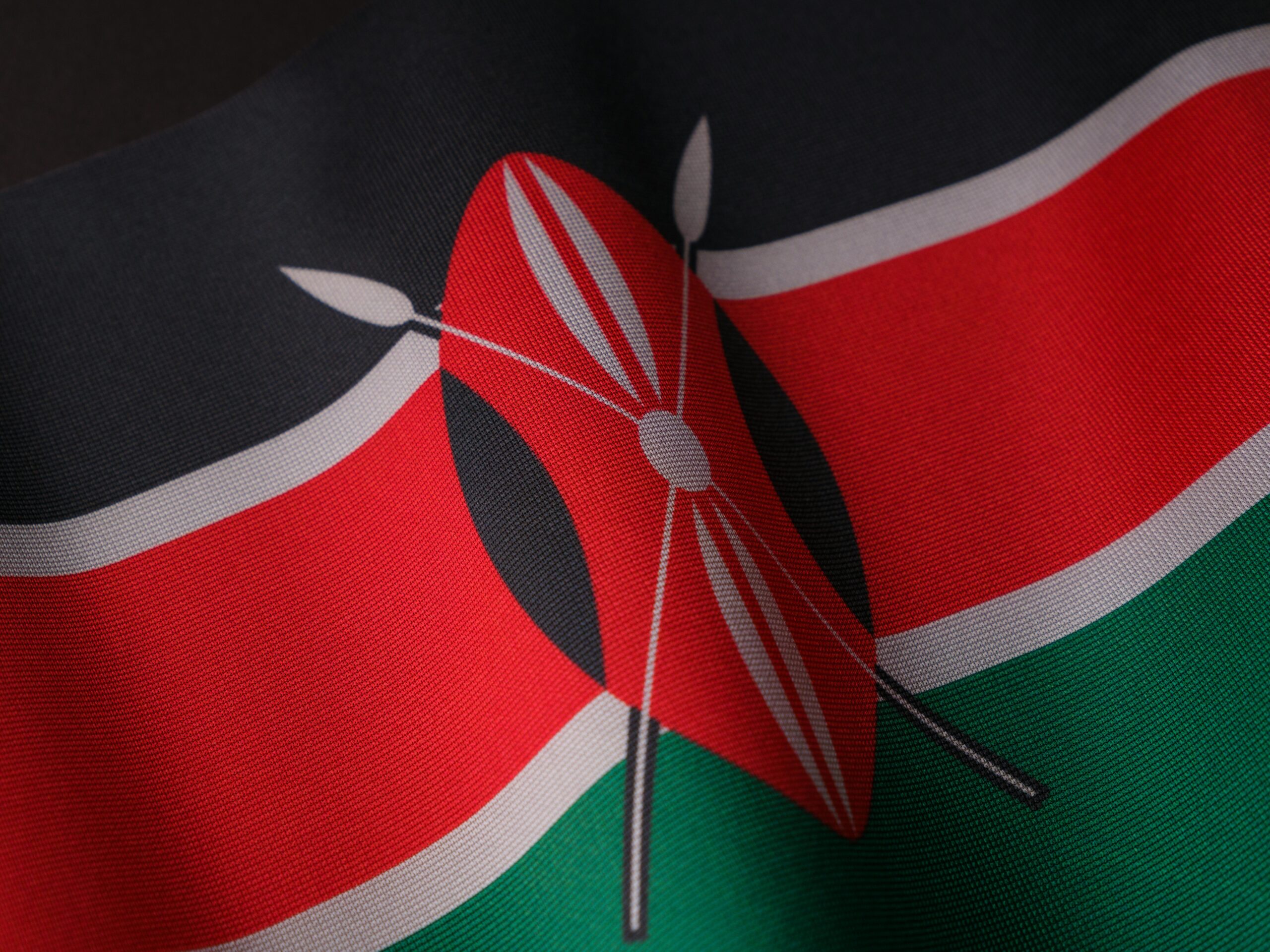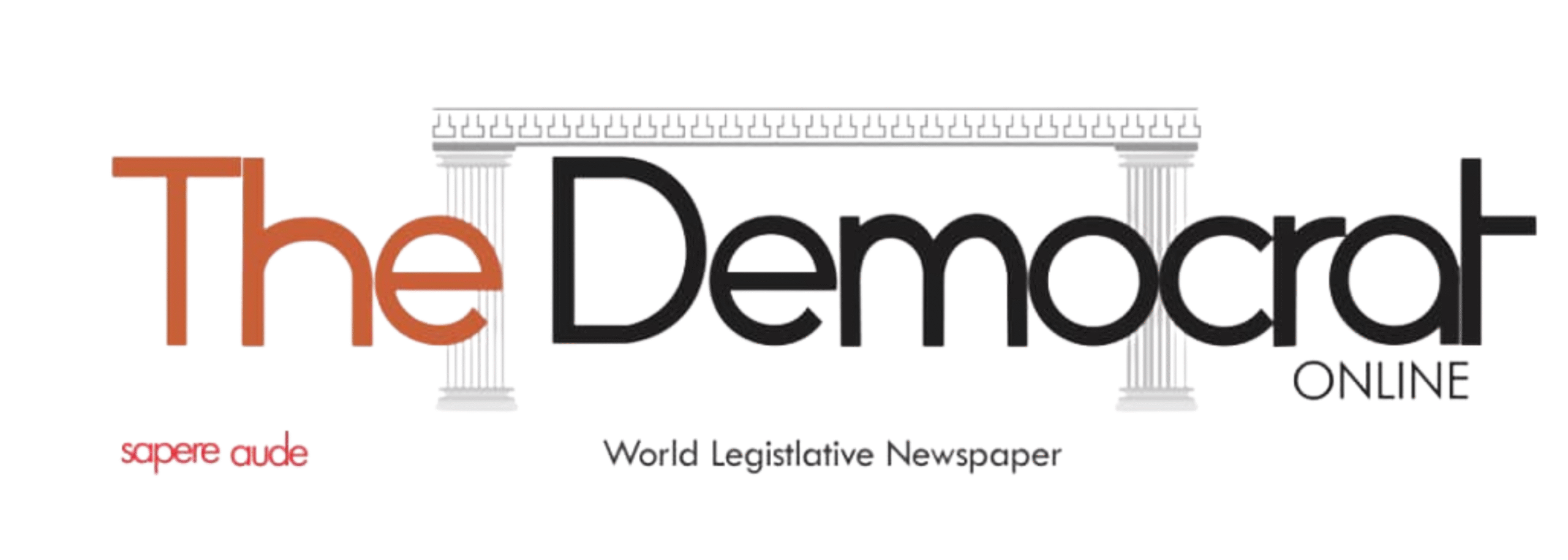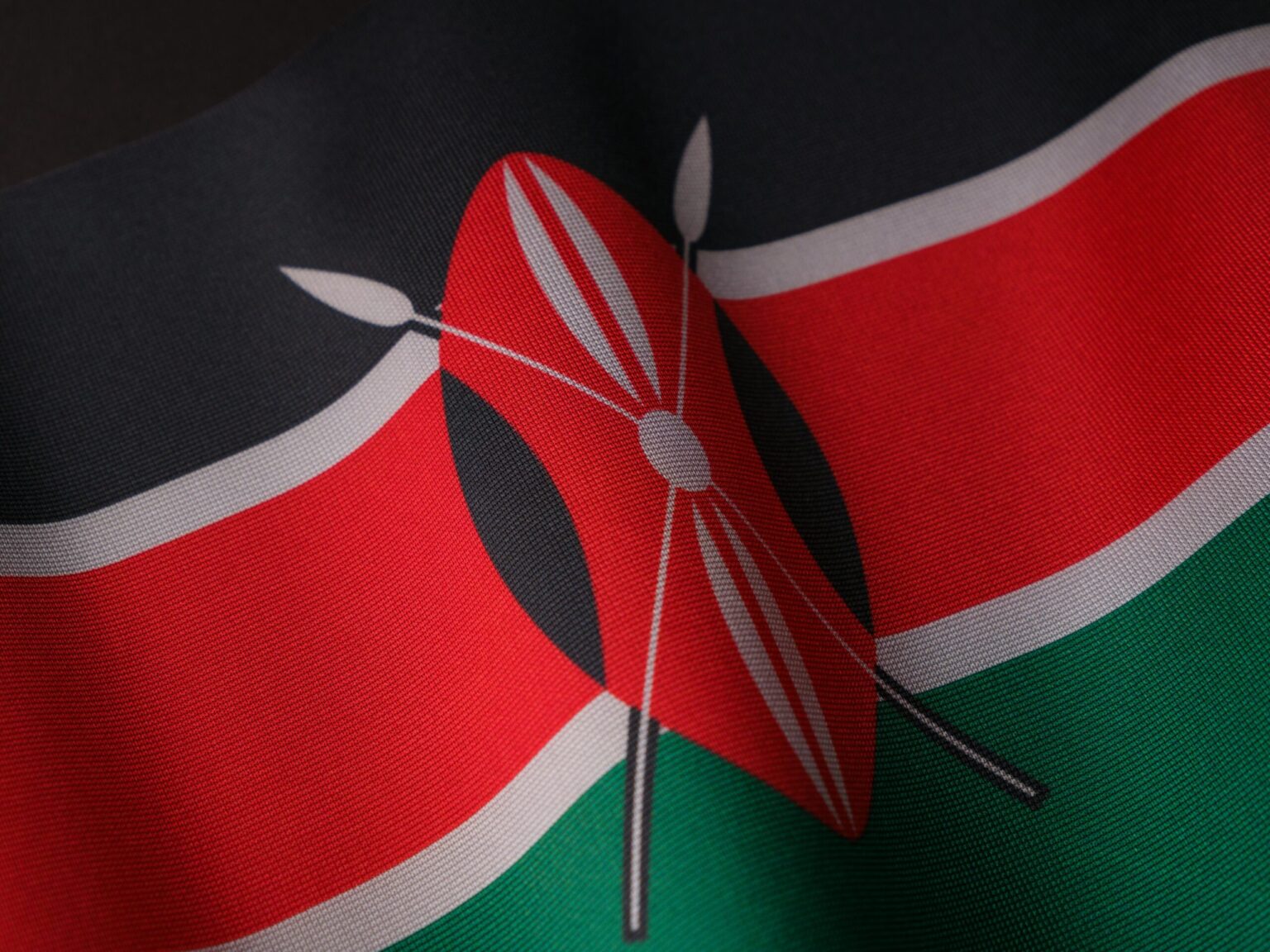
Kenya has extended its fuel import deal with Saudi Aramco, ENOC, and ADNOC by two years, securing a 180-day credit plan with lower margins.
The extension will start later this year after current shipments are completed. Fuel volumes have dropped due to Uganda sourcing its own supplies.Kenya’s fuel import plan has stabilized the shilling and ensured supply security, according to EPRA’s Kiptoo. Freight and premium costs are set to drop by up to 13%, with prices tied to Platts benchmarks. The deal, first signed in 2023, also helps local oil firms by easing dollar demand and has drawn interest from other countries.
Kenya reversed its earlier plan to exit the oil import deal due to concerns over market distortions and forex risks. Despite a Treasury pledge to the IMF favoring private market solutions, officials now say ending the plan could increase pressure on forex reserves.
The deal, backed by commercial bank credit, replaced a costly open-tender system requiring $500 million in upfront monthly payments.Kenya also exports imported oil to South Sudan, the DRC, and Burundi, with discussions underway to supply Rwanda as well, according to Kiptoo.“The arrangement is flexible—we can adjust volumes to meet rising demand locally or from regional partners,” he added.




